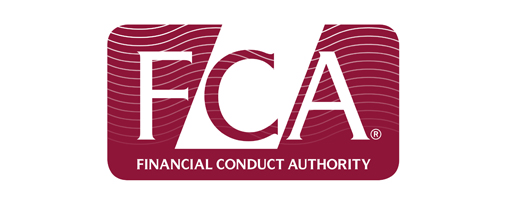The Association of Consulting Actuaries (ACA) has urged the government to make further reforms in six “key” areas of pension policy in the current parliament.
Its report, Pensions: Build back better, sets out the association’s policy recommendations based on the findings in its 2020 Pensions trends survey.
The ACA called for a “refresh” of the auto-enrolment (AE) system, including widening coverage and raising minimum contribution levels, following findings that showed 88 per cent of employers supported lowering the minimum age to 18 and 84 per cent supported AE applying from the first pound of earnings.
ACA Pensions and Savings Adequacy Group chair, Steven Taylor, said the current minimum contribution rate of 8 per cent of qualifying earnings was “inadequate”.
“We suggest minimum AE contributions should increase to 12 per cent of total earnings by the end of the parliament with costs shared between employers and employees,” he added.
“We suggest an annual opt down option to half this level to reflect the economic hardships brought about by the pandemic. The earnings threshold (which currently stops millions being signed up for AE) should be reduced or removed and AE should be adapted to include the growing number of self-employed and those engaged in the ‘gig economy’.”
The ACA argued that there was an “urgent” need for a simplification of the pension tax regime, calling for clear policy goals and extensive consultations.
Its Pensions trends survey found that 79 per cent of employers say the complexity of the current tax regime is negatively affecting their business and 89 per cent supported its simplification, even if it meant some people were worse off.
Additionally, following its findings that 62 per cent of employers thought greater flexibility would increase employee saving, the association urged the government to extend pension freedoms to younger savers, subject to “appropriate safeguards and expenses”, to promote resilience and intergenerational fairness.
Action on the “overdue” intergenerational commitment to improve the social care system was recommended, with 60 per cent of respondents supporting tax changes to encourage social care costing being met from private pensions.
The ACA also urged the government to take action on tackling climate risk through the way savings are invested.
It found that 52 per cent of schemes reported greater member interest in investments in responsible investment, although ACA Climate Risk Group chair, Stewart Hastie, added that schemes were “hesitant” in reacting to climate change investment risks and opportunities.
Finally, the ACA called for a balancing of costs between current and previous workers’ pensions, following findings that 81 per cent and 74 per cent of employers felt defined benefit (DB) pension costs created intergenerational unfairness between current and former employees, and between different cohorts of employees, respectively.
ACA chair, Patrick Bloomfield, commented: “We believe that as the government builds its medium-term policy response to the pandemic it is essential that proposals form part of a wider intergenerational strategy covering all aspects of tax and savings, including pensions and social care, and that this will help to protect the needs of society for generations to come.
“Our latest survey found there’s strong business support for the policies set to become law through the Pension Schemes Act in 2021. Pensions are becoming central to tackling climate risk, with savers demanding action and schemes beginning to grasp the nettle.
“DB schemes getting access to commercial consolidators and a funding regime focussed more towards the long-term are both strongly supported. And there’s support for collective defined contribution as a new way of saving beyond just Royal Mail."
Latest News
-
Govt urged to prioritise pension policy stability in Spring Statement
-
Just Group underlying operating profit falls by 39%
-
Employers warned modest pension defaults risk worsening adequacy gap
-
Aegon updates modelling tool to help members benchmark retirement needs
-
News in brief - 27 February 2026
-
PPF levy to remain at zero for 2026/27
Private markets – a growing presence within UK DC
Laura Blows discusses the role of private market investment within DC schemes with Aviva Director of Investments, Maiyuresh Rajah
The DB pension landscape
Pensions Age speaks to BlackRock managing director and head of its DB relationship management team, Andrew Reid, about the DB pensions landscape
Podcast: From pension pot to flexible income for life

Podcast: Who matters most in pensions?

In the latest Pensions Age podcast, Francesca Fabrizi speaks to Capita Pension Solutions global practice leader & chief revenue officer, Stuart Heatley, about who matters most in pensions and how to best meet their needs
© 2019 Perspective Publishing Privacy & Cookies










Recent Stories